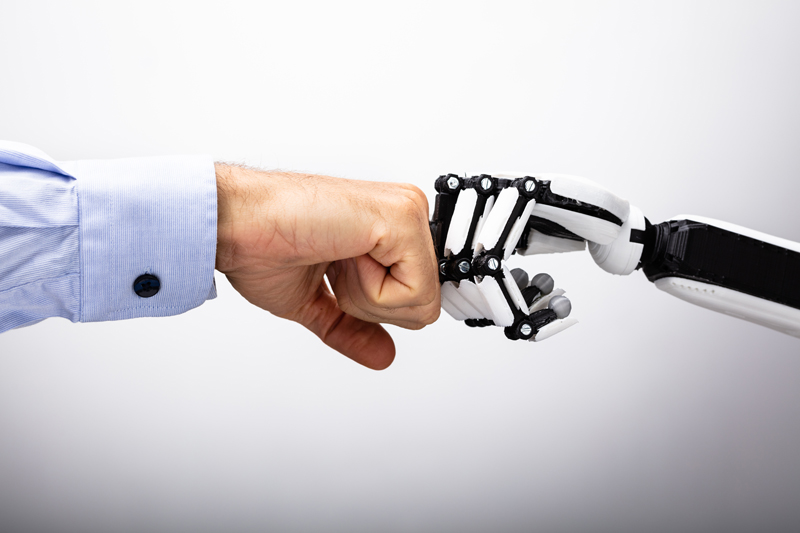 Harro Stokman, Founder and CEO of Kepler Vision Technologies reveals why security installers should be thinking about AI
Harro Stokman, Founder and CEO of Kepler Vision Technologies reveals why security installers should be thinking about AI
While most people still associate AI with making your Facebook newsfeed completely addictive, IBM Watson winning the Jeopardy! quiz show, or with smarter threat detection in cybersecurity, the rapid development and refinement of this technology has also made it incredibly relevant for camera security systems. Just like with any other technology, a spiralling demand for AI has led to increased availability, lower costs and greater user friendliness. The potential advantages that these solutions can provide therefore mean that no security professional can afford not to know about what this new technology can do, what it can’t do, and where it is headed in the future.
The most common application of AI in security is in camera surveillance technology – computer vision, facial recognition and person detection all rely on AI/Machine learning to a greater or lesser degree. Here at Kepler Vision we use this technology to look after the wellbeing of humans at night in care facilities. Using computer vision and human activity recognition we are able to fully automatically monitor live video feeds, identify if a patient is struggling, has fallen down or cannot get out of bed, and have our software instantly alert care staff to their situation.
The same technology and the same principles can easily be applied to a security setting. Replace the care facility with any home or business – patients with possible security threats – and discomfort with suspicious behaviour. A simple CCTV system that merely records events is functionally a broken lock, but AI-powered video analysis offers support to security workers by flagging suspicious events in real-time, making them easier to manage and respond to.
A common argument is that existing motion detectors can also provide direct and immediate notifications to homeowners or security staff when used in conjunction with traditional camera systems. That is true, but AI systems do all of this while greatly reducing the number of false alarms – and with 30% of false burglar alarms triggered by insects or pets, it clearly pays to have a more sophisticated system to distinguish between a routine behaviour or movement and an abnormal one. For instance, our own “Kepler Night Nurse” system reduces the rate of false alarms for patients to a single false alarm per video stream per 186 days..
To accomplish this, a well “trained” AI system can accurately distinguish between humans and vehicles from wildlife elements and other innocuous objects – while not flagging recognised individuals and vehicles as false threats. This added accuracy has the ability to make a huge difference to security workers’ day-to-day activities by giving these workers back the time spent responding to false alarms – presenting an opportunity for them to spend their time on other core competencies, and allowing them to react proactively rather than retrospectively.
Of course, AI doesn’t simply materialise out of thin air, and “off the shelf” options do not guarantee the kind of success that you would expect from a bespoke product or solution created by experts in the computer vision space. Some may require special equipment or even specific cameras to operate at full capacity, whereas others can be easily hooked up to existing camera feeds for real time monitoring, with installation and training taken care of by one of these specialist providers.
The use of AI in security however is not without its issues. Data and privacy are by far the biggest challenges – sharing of live feeds, incident reports and any personal data accumulated through the operation of these systems has the potential to put users in violation of data laws if not carried out properly. Any business with AI solutions operating in this space should be adhering to these rules as a matter of course, but data protection is something to consider for any security operator looking to adopt AI as part of a security solution.
As the physical security landscape continues to collide with the digital, the challenge for security installers is choosing the most appropriate tools for the job, and to sort the industry hype from valid value-adds. Even with the advantages that AI aided security systems can provide, we must not lose sight of the human component. Alerts still need to be evaluated and responded to by a living breathing person, just as before. But by combining the two, machine and human expertise AI systems in physical security have the potential to be the most powerful instruments in your security manager’s arsenal.


